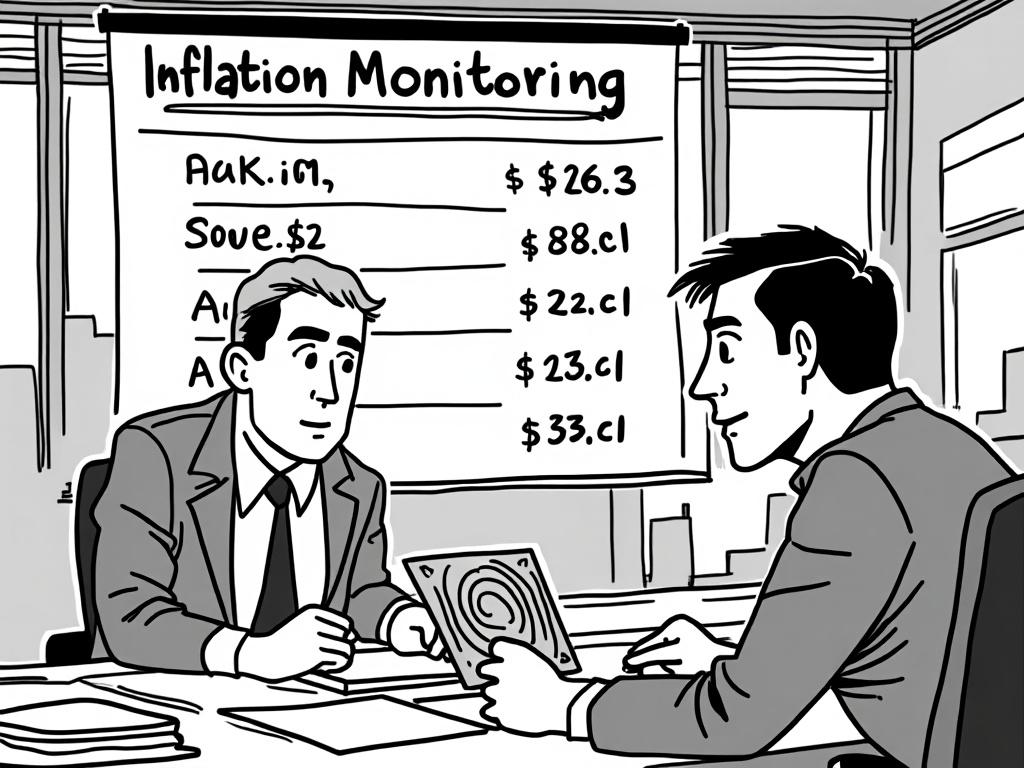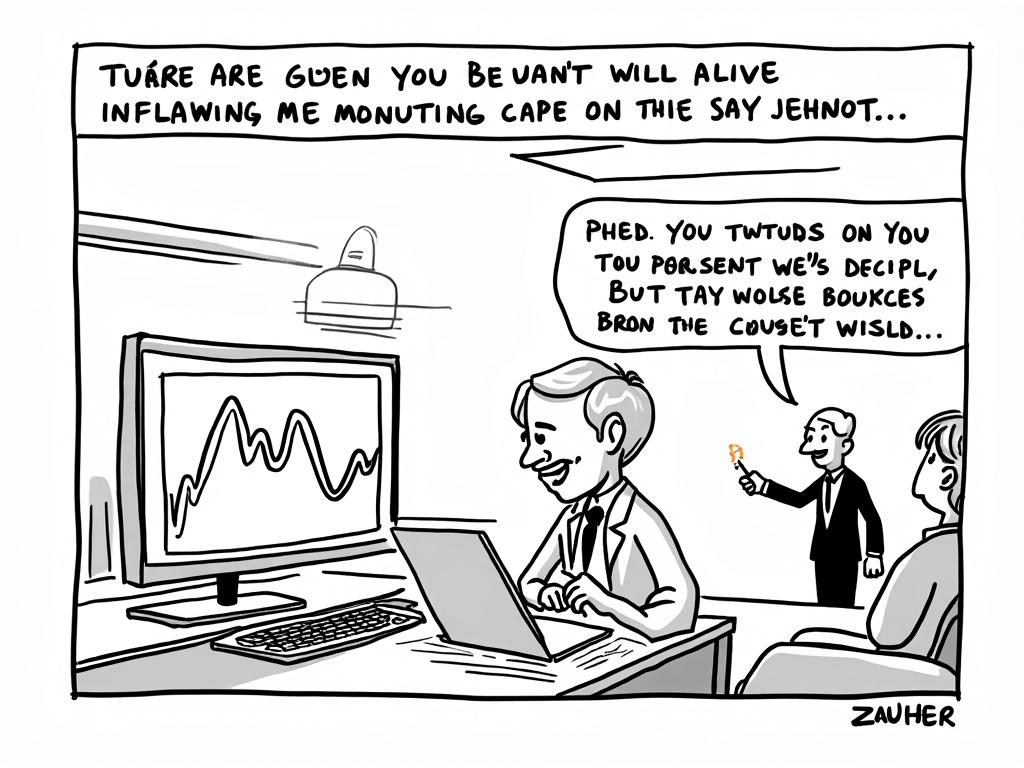
Greece’s Inflation Journey: Understanding Economic Trends and Real Estate Opportunities
Reading time: 8 minutes
Table of Contents
- Current Inflation Landscape in Greece
- Historical Context: From Crisis to Recovery
- Key Drivers Behind Greek Inflation
- Sector-by-Sector Impact Analysis
- The Real Estate Connection
- Strategic Investment Opportunities
- Frequently Asked Questions
- Strategic Outlook: Your Investment Compass
Current Inflation Landscape in Greece
Ever wondered how Greece’s inflation story compares to its European neighbors? You’re looking at a fascinating economic transformation that’s reshaping investment opportunities across the Mediterranean.
Greece’s inflation rate reached 9.3% in 2022, marking its highest level since the 1990s. However, by late 2023, this figure had moderated to approximately 3.2%, still above the European Central Bank’s 2% target but showing clear signs of stabilization.
Key Inflation Insights:
- Energy costs driving 40% of inflationary pressure
- Food prices contributing another 25% to overall inflation
- Housing and rental markets experiencing significant upward pressure
- Tourism sector showing resilient pricing power
Well, here’s the straight talk: Greece’s inflation isn’t just about numbers—it’s about understanding market dynamics that create both challenges and opportunities for savvy investors.
Historical Context: From Crisis to Recovery
Let’s dive into Greece’s remarkable economic journey. Remember the debt crisis of 2010-2018? During that period, Greece actually experienced deflation, with prices falling by as much as 2.9% annually in 2013.
The Deflationary Years (2013-2016)
Quick Scenario: Imagine you’re a property investor in Athens during 2014. Real estate prices were plummeting, but so were all other costs. This deflationary spiral created unique opportunities for those with capital and patience.
During this period:
- Property values dropped by 40-50% from peak levels
- Consumer prices fell consistently
- Unemployment reached 27.5%, the highest in the eurozone
- Government spending cuts reduced domestic demand significantly
The Recovery Phase (2017-2021)
The turning point came in 2017 when Greece began experiencing modest inflation again, signaling economic recovery. By 2019, inflation had stabilized around 0.5-1.0%, indicating healthy but controlled price growth.
Greece vs. EU Inflation Comparison (2019-2023)
Greece: 0.5%
Greece: -1.3%
Greece: 0.6%
Greece: 9.3%
Greece: 3.2%
Key Drivers Behind Greek Inflation
Understanding what’s driving inflation in Greece isn’t just academic—it’s essential for making informed investment decisions. Let’s break down the primary factors:
Energy Dependency and Geopolitical Impact
Greece imports approximately 75% of its energy needs, making it particularly vulnerable to global energy price fluctuations. The Ukraine conflict and subsequent energy market disruptions hit Greece harder than many EU countries.
Pro Tip: This energy dependency creates opportunities in renewable energy sectors and energy-efficient real estate investments.
Tourism-Driven Demand Pressures
Greece welcomed over 33 million tourists in 2023, creating significant demand pressures in key markets. This tourism boom has particularly impacted:
- Accommodation costs (up 15-20% year-over-year)
- Restaurant and hospitality prices
- Transportation costs within tourist areas
- Retail prices in high-traffic zones
| Sector | 2022 Inflation Rate | 2023 Inflation Rate | Key Drivers |
|---|---|---|---|
| Energy | 38.2% | 8.1% | Global supply disruptions, geopolitical tensions |
| Food & Beverages | 12.1% | 7.3% | Supply chain costs, tourism demand |
| Housing | 6.8% | 4.2% | Rental market recovery, construction costs |
| Transport | 14.5% | 2.9% | Fuel costs, vehicle prices |
| Services | 5.7% | 5.1% | Labor costs, tourism demand |
Sector-by-Sector Impact Analysis
Real Estate: The Inflation Hedge
Here’s where things get interesting for investors. Greek real estate has emerged as a natural hedge against inflation, with property values in prime locations appreciating by 8-12% annually since 2021.
Case Study: Athens Property Market
Consider Marina, a German investor who purchased a two-bedroom apartment in Kolonaki, Athens, in early 2021 for €180,000. By late 2023, similar properties were selling for €210,000-220,000, representing a 17-22% appreciation that significantly outpaced inflation.
Agriculture and Food Production
Greece’s agricultural sector has shown remarkable resilience, with olive oil and wine exports reaching record levels. However, input costs (fertilizers, fuel, packaging) have created margin pressures for producers.
The Real Estate Connection
Ready to understand how inflation creates real estate opportunities? Let’s explore the connection between Greece’s economic trends and property investment potential.
The relationship between inflation and real estate in Greece follows a unique pattern. Unlike other European markets, Greek property has historically lagged inflation during economic downturns but outperformed during recovery phases.
Regional Opportunities Beyond Athens
While Athens garners most attention, savvy investors are looking toward regions like Peloponnese, where property for sale in peloponnese offers compelling value propositions amid Greece’s inflationary environment.
The Peloponnese peninsula presents unique advantages:
- Lower entry costs: Property prices 30-40% below Athens levels
- Tourism growth: Visitor numbers increasing 15% annually
- Infrastructure development: New highway connections improving accessibility
- Rental yield potential: Short-term rental yields of 8-12% achievable
Strategic Investment Opportunities
Navigating inflation successfully requires understanding which assets benefit from rising prices. In Greece’s current environment, several sectors stand out:
Tourism-Adjacent Real Estate
Practical Roadmap:
- Identify emerging destinations: Look beyond Santorini and Mykonos
- Focus on infrastructure development: Areas with planned airport or port improvements
- Consider renovation opportunities: Traditional properties with modern potential
- Evaluate rental regulations: Understand short-term rental licensing requirements
Case Study: Coastal Peloponnese Investment
Take the example of James, a British investor who acquired a traditional stone house near Nafplio in 2022 for €95,000. After a €25,000 renovation, the property now generates €800-1,200 weekly during peak season, providing annual returns that significantly exceed inflation rates.
Commercial Real Estate in Secondary Cities
Greece’s economic recovery has benefited secondary cities like Thessaloniki, Patras, and Volos. Commercial properties in these markets offer:
- Stable long-term lease agreements
- Growing domestic demand
- Lower acquisition costs than Athens
- Potential for value appreciation
Frequently Asked Questions
How does Greek inflation compare to other Mediterranean countries?
Greece’s inflation trajectory closely mirrors Spain and Italy, but with more volatility due to its smaller economy and higher energy import dependency. While France maintained more stable inflation around 2-3%, Greece experienced sharper peaks (9.3% in 2022) followed by more rapid moderation. This volatility creates both risks and opportunities for investors willing to time their market entry strategically.
What impact does inflation have on property rental yields in Greece?
Inflation generally benefits property investors through higher rental income and asset appreciation. In Greece, rental prices have increased 12-18% annually in prime locations since 2021, often exceeding inflation rates. However, investors should consider that rising construction and maintenance costs can offset some benefits. The key is focusing on properties in supply-constrained areas where demand consistently outpaces availability.
Should foreign investors be concerned about currency risk when investing in Greek real estate?
Since Greece uses the euro, currency risk primarily affects non-eurozone investors. However, the euro’s relative stability and the ECB’s inflation targeting provide some protection. For investors from countries with weaker currencies, Greek real estate offers a hedge against both local currency devaluation and inflation. The key is understanding that inflation-protected assets like real estate become more valuable as purchasing power erodes in nominal terms.
Strategic Outlook: Your Investment Compass
Greece’s inflation story isn’t just about economic statistics—it’s about recognizing transformation patterns that create lasting investment opportunities. As the country continues its economic evolution, three key trends will shape the landscape:
Your Strategic Action Plan:
- Monitor energy transition progress: Greece’s push toward renewable energy will reduce inflation volatility over time
- Track tourism infrastructure development: New airport expansions and highway projects signal emerging hotspots
- Evaluate demographic shifts: Urban population growth creates sustained housing demand
- Consider regulatory changes: Golden Visa modifications and tax incentives can dramatically impact investment returns
- Build local partnerships: Success requires understanding cultural nuances and bureaucratic processes
The intersection of Greece’s controlled inflation trajectory and its growing appeal as a European investment destination creates a unique window of opportunity. Whether you’re considering coastal properties in regions like Peloponnese or urban investments in major cities, the key is acting while the fundamentals remain strong but before international investor attention drives prices beyond reasonable returns.
What’s your next move? The Greece investment story is still being written, and early participants in the post-crisis recovery continue reaping the benefits of strategic positioning. As inflation stabilizes and economic growth accelerates, will you be positioned to benefit from Greece’s Mediterranean renaissance?

Article reviewed by Liam O’Connor, REITs Analyst | Tax-Efficient Property Holdings, on June 4, 2025
